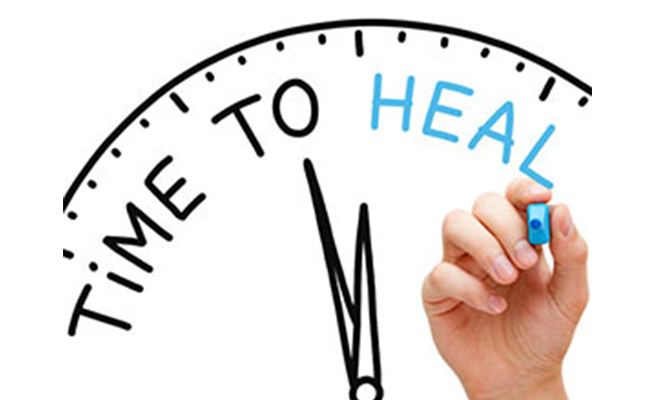Gambling Addiction – Ask a general question between friends during a social meet-up relating to what causes addiction and the sure answers will be either a commonly abused drug or alcohol.
The odds that gambling will be mentioned as a major source of addiction are slim.
The Hidden Addiction:
Professional addiction specialists refer to gambling addiction as being the “Hidden Addiction”.
Gambling shows none of the outward signs that are displayed by those addicted to drugs or alcohol. There is no unsteady stature, no glazed eyes, no slurred talk or behaviour that generally indicates someone is under the influence of a substance. This makes it far more difficult for loved ones or those closest to the person to realise exactly how deep this problem is.
What is going on inside the head of an addict?
Just what is going on inside the head of someone who is addicted to gambling? Turmoil, angst, stress and anxiety. Their need to place a bet in whatever form is their preferred choice is overwhelming.
It will nag at them until they are able to gamble and as their addiction grows so will their determination to ‘play’.
Effects of a gambling addiction:
By its nature gambling has direct effects on the person concerned. Here are 3 common issues that gambling addicts will accept and deal with in their own way:
- It’s my secret: In general gamblers are secretive, this is understandable, why shout from the rooftops if you have a dead-cert, or have devised a system that guarantees success? But the reality for compulsive gamblers is that as well as keeping any winning schemes to themselves, they are also determined to remain secretive about the extent of their gambling.
- Lack of control: Most compulsive gamblers will maintain control of their thoughts, actions and emotions while in normal situations, but at the back of their mind they will be plotting their next gambling session. When it does begin, control goes out of the window They are in their zone and will often continue to gamble win, lose or draw. The two things guaranteed to stop a gambling session are exhaustion of funds or exhaustion of themselves.
- Funds will be found: The need to fund a gambling habit means that wages will be spent, savings accounts exhausted, credit cards used to the limit, borrowings requested, items of value sold and in extreme circumstances theft or fraud committed.
Treatment for gambling addiction:
Anyone who feels that their gambling habits are becoming all-consuming, or those who have tried to leave gambling alone but failed needs to understand that treatment is available.
This treatment can be taken in 3 recognised forms and combinations of such treatment should be encouraged.
Therapy:
Behaviour therapy or CBT (Cognitive Behavioural Therapy) is a key treatment for those with a gambling addiction. The strategy behind this therapy in terms of gambling is to reduce the strong urges to gamble by systematically exposing an individual to their actual behaviour and changing the way an individual feels and thinks about gambling.
Medications:
Once assessed by medical and addiction specialists it may be found that those suffering with a gambling addiction need medication to help reduce symptoms and associated illnesses that can appear with such an addiction. Medication given includes mood stabilizers and anti-depressants.
Alternative medication also includes Narcotic antagonists; this type of drug is also used to help those with drug addiction.
Self-help groups:
This type of ‘treatment’ will not suit all, but benefits many. There are voluntary organisations and online self-help groups that can be highly effective for those struggling with gambling addiction. If an addict can open themselves up to this type of help they will be surprised at the openness, frankness and real-life advice available.














